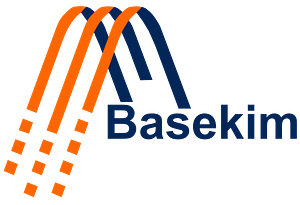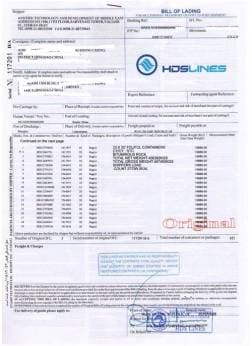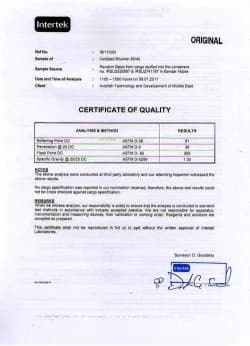Bitumen CRS: The Fast-Track Solution for Modern Roadworks
A Smarter Way to Build Roads
In today’s fast-paced world, infrastructure projects cannot afford unnecessary delays. Every hour a road stays closed means lost productivity, frustrated commuters, and increased project costs. That’s where Bitumen CRS (Cationic Rapid Setting Emulsion) steps in — a solution engineered for speed, safety, and performance.
Unlike conventional hot bitumen that requires high temperatures and heavy energy use, CRS is a water-based emulsion. It is applied cold, spreads easily, and sets quickly once in contact with aggregates. For contractors, this means roads can reopen faster, while buyers and suppliers benefit from a product that’s cost-efficient and environmentally safer.
Key Benefits for Businesses
Whether you’re a contractor paving highways, a distributor supplying emulsions, or a government authority commissioning projects, Bitumen CRS delivers clear value:
Speed on Site – With its rapid breaking action, CRS ensures traffic can return within hours, not days.
Lower Costs – No heating means less fuel consumption and reduced operational expenses.
Superior Bonding – Its cationic charge creates excellent adhesion, even with slightly damp or dusty aggregates.
Sustainability Advantage – As a water-based emulsion, it reduces carbon footprint compared to cutbacks.
Proven in Global Projects – From Asia to Africa, CRS has been trusted in road programs that demand reliability.
Where CRS Makes the Difference
Bitumen CRS is not a one-size-fits-all product — it is specifically designed for projects that require rapid action and durability.
Surface Dressing – Creates a skid-resistant layer that extends pavement life.
Tack Coat – Ensures new asphalt layers bond seamlessly to old surfaces.
Emergency Repairs – Perfect for patching potholes or fixing road damage quickly.
Cold Mix Applications – Works in select cold asphalt mixes that need rapid strength.
Urban Roads – Minimizes traffic disruption in cities where closures must be short.
For distributors, offering CRS means delivering a solution that matches modern infrastructure priorities: speed, efficiency, and cost control.
Global Trade and Supply Outlook
Demand for cationic emulsions like CRS is rising as more countries shift away from solvent-based products due to environmental policies. Importers look for suppliers who can provide consistent quality, reliable packaging, and on-time logistics.
CRS is usually shipped in 200 kg drums, IBC tanks, or bulk tankers, depending on order size. Exporters with a track record of meeting ASTM or AASHTO standards often gain repeat business, as infrastructure agencies demand strict compliance.
In the competitive B2B space, CRS isn’t just a product — it’s a way for suppliers to build trust and long-term partnerships with global buyers.
Handling and Safety Notes
While CRS is safer than hot-applied bitumen, proper handling ensures maximum performance:
Do not expose to freezing conditions.
Store in a shaded, ventilated area.
Keep containers sealed to avoid contamination.
Use standard protective gear during application.
Frequently Asked Questions (FAQ)
Q1: Why is Bitumen CRS called “Rapid Setting”?
A: Because it breaks and binds quickly once applied, making it suitable for projects where fast curing is essential.
Q2: What is the main difference between CRS and CMS emulsions?
A: CRS sets in minutes, while CMS provides more working time. CRS is used for high-traffic or time-sensitive projects.
Q3: Is CRS safe for the environment?
A: Yes. Being water-based, it is far safer than cutback alternatives, though it must still be stored and handled responsibly.
Q4: How is CRS packaged for export?
A: Commonly in new steel drums, IBC tanks, or bulk tankers depending on the project scale and buyer preference.
Q5: Can CRS be used in rainy or humid conditions?
A: Yes. Thanks to its cationic nature, CRS adheres strongly to aggregates even when slight moisture is present.
Table of Contents
Technical Specifications
| Property | Standard Value |
|---|---|
| Viscosity @ 50°C | 20–100 seconds (Saybolt Furol) |
| Residue on Evaporation % | Min 60 |
| Penetration of Residue @ 25°C | 100–250 dmm |
| Ductility of Residue @ 25°C | Min 40 cm |
| Storage Stability (24h) | Max 2% |
| Particle Charge | Positive (Cationic) |
| Setting Time | Rapid |


